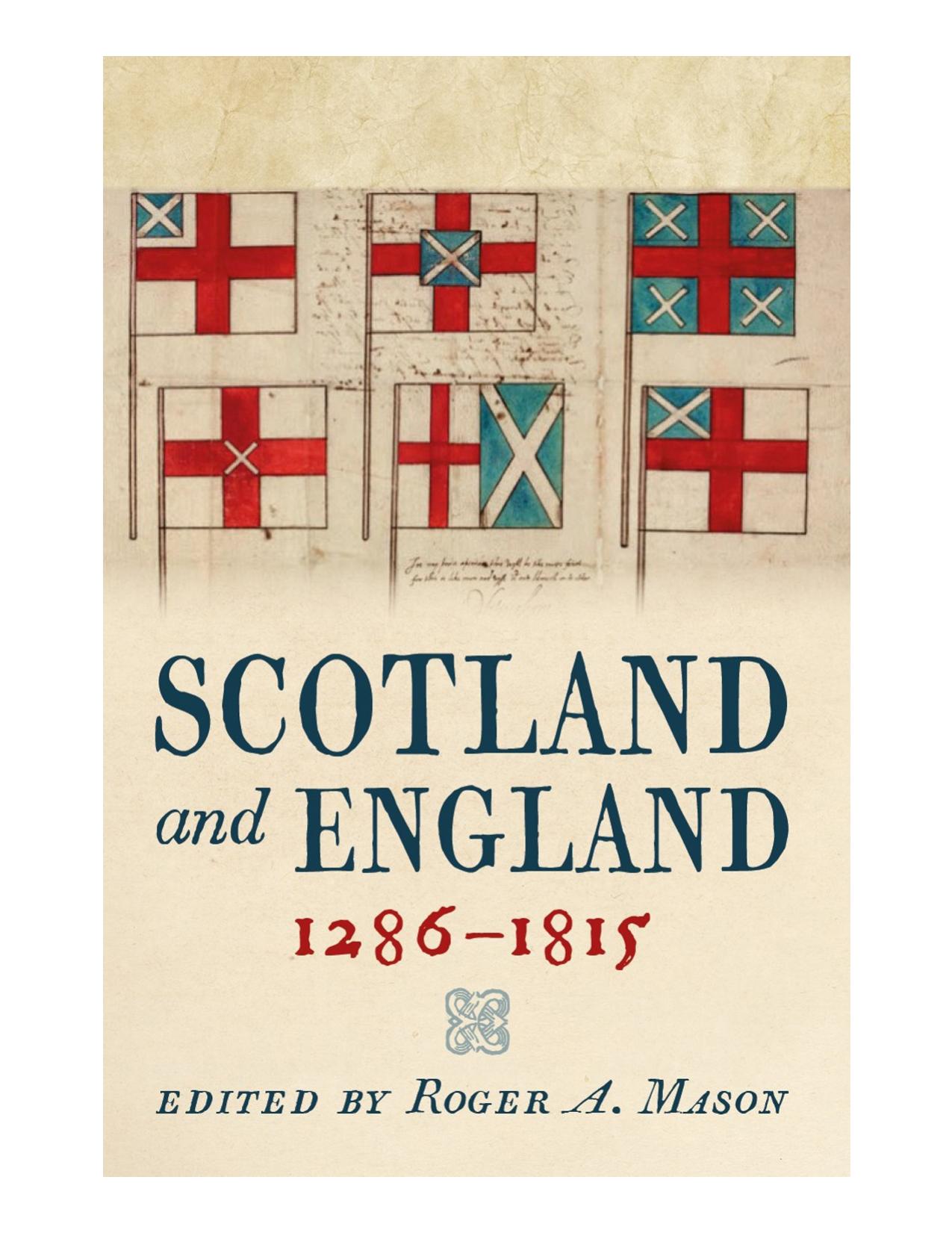Scotland and England 1286â1815 by Roger A. Mason

Author:Roger A. Mason [Mason, Roger A.]
Language: eng
Format: epub, pdf
Tags: History, Europe, Great Britain, General, Modern, 20th Century, Social History, Political Science, Political Ideologies, Communism; Post-Communism & Socialism, Political Process, Political Parties
ISBN: 9781788854184
Google: uaNMEAAAQBAJ
Publisher: Birlinn
Published: 2021-11-11T16:17:43+00:00
7
The Price of Friendship: The âWell Affectedâ and English Economic Clientage in Scotland before 1603
Keith M. Brown
I
The peaceful Anglo-Scottish relations which persisted throughout the contemporaneous reigns of James VI and Elizabeth I rested on three pillars: a shared Protestant religion, the Stewart claim to the English throne, and the maintenance by England of a friendly party in Scotland. At least that is how historians have commonly explained the transformation in the relationship between the two British kingdoms during the latter half of the sixteenth century.1 Yet while the religious and dynastic aspects of this change have been seriously discussed by generations of historians, the mercenary elements have been largely unexplored. Certainly there has been plenty of comment on the role money â or the lack of it â played in Scottish politics and English diplomacy. Conyers Read, who was something of a rarity among English historians in that he, like the Elizabethans, paid serious attention to Scotland, put a good deal of emphasis on cash. He shared Secretary Walsinghamâs belief that âMoney would do anything with that nation [Scotland]â.2 This view has since been repeated by G. R. Elton who commented that âElizabethâs parsimony made it impossible to bind the Scots nobles firmly to the English interest by the only means they acknowledged â frequent bribesâ.3 These two themes of English meanness and Scottish venality have in fact a long pedigree, and were widely reported at the time. But that does not make them true, and English historians in particular have tended to follow in a tradition which has its origins in the frustrations Tudor politicians underwent in dealing with the Scots. How else could one explain the behaviour of people who claimed to be friends but who so persistently refused to see the world through English eyes? Scottish greed, born of poverty, and the racial failings of an inferior nation provided an easy answer. For their part the Scots nurtured grievances fed by unrealistic estimates of English wealth, and unreasonable expectations of how they might gain access to it. What they essentially wanted was to be able to pursue independent policies, free from English meddling, and have Queen Elizabeth pay them for doing so.
But from a Scottish point of view there was no reason why Elizabeth should not be persuaded to pay up. Englishmen might see this as unprincipled, and as a source of tension within the ideologically committed ranks of Protestantism, but to Scots it was a means of underlining their freedom from English clientage, and of making a profit at the same time. Underlying this attitude was a persistent unease on both sides over the new-found friendship between the two countries, an unease which often casts a shadow over the widely held belief that the Scottish Reformation of 1560 had permanently altered Anglo-Scottish relations. Thus, G. D. Ramsay in an essay misleadingly entitled âThe Foreign Policy of Elizabeth Iâ, cavalierly dismisses Scotland with the claim that by 1560, or at the latest by 1568, Elizabeth had done all she needed to do there and had âachieved her purposeâ.
Download
Scotland and England 1286â1815 by Roger A. Mason.pdf
This site does not store any files on its server. We only index and link to content provided by other sites. Please contact the content providers to delete copyright contents if any and email us, we'll remove relevant links or contents immediately.
| General | Channel Islands |
| England | Northern Ireland |
| Scotland | Wales |
Room 212 by Kate Stewart(5105)
The Crown by Robert Lacey(4806)
Endurance: Shackleton's Incredible Voyage by Alfred Lansing(4768)
The Iron Duke by The Iron Duke(4349)
The Rape of Nanking by Iris Chang(4202)
Joan of Arc by Mary Gordon(4099)
Killing England by Bill O'Reilly(3995)
Say Nothing by Patrick Radden Keefe(3975)
I'll Give You the Sun by Jandy Nelson(3428)
Shadow of Night by Deborah Harkness(3356)
Hitler's Monsters by Eric Kurlander(3328)
Mary, Queen of Scots, and the Murder of Lord Darnley by Alison Weir(3200)
Blood and Sand by Alex Von Tunzelmann(3194)
Eleanor & Park by Rainbow Rowell(3151)
Darkest Hour by Anthony McCarten(3119)
Margaret Thatcher: The Autobiography by Thatcher Margaret(3079)
Book of Life by Deborah Harkness(2930)
Red Famine: Stalin's War on Ukraine by Anne Applebaum(2927)
The One Memory of Flora Banks by Emily Barr(2856)
